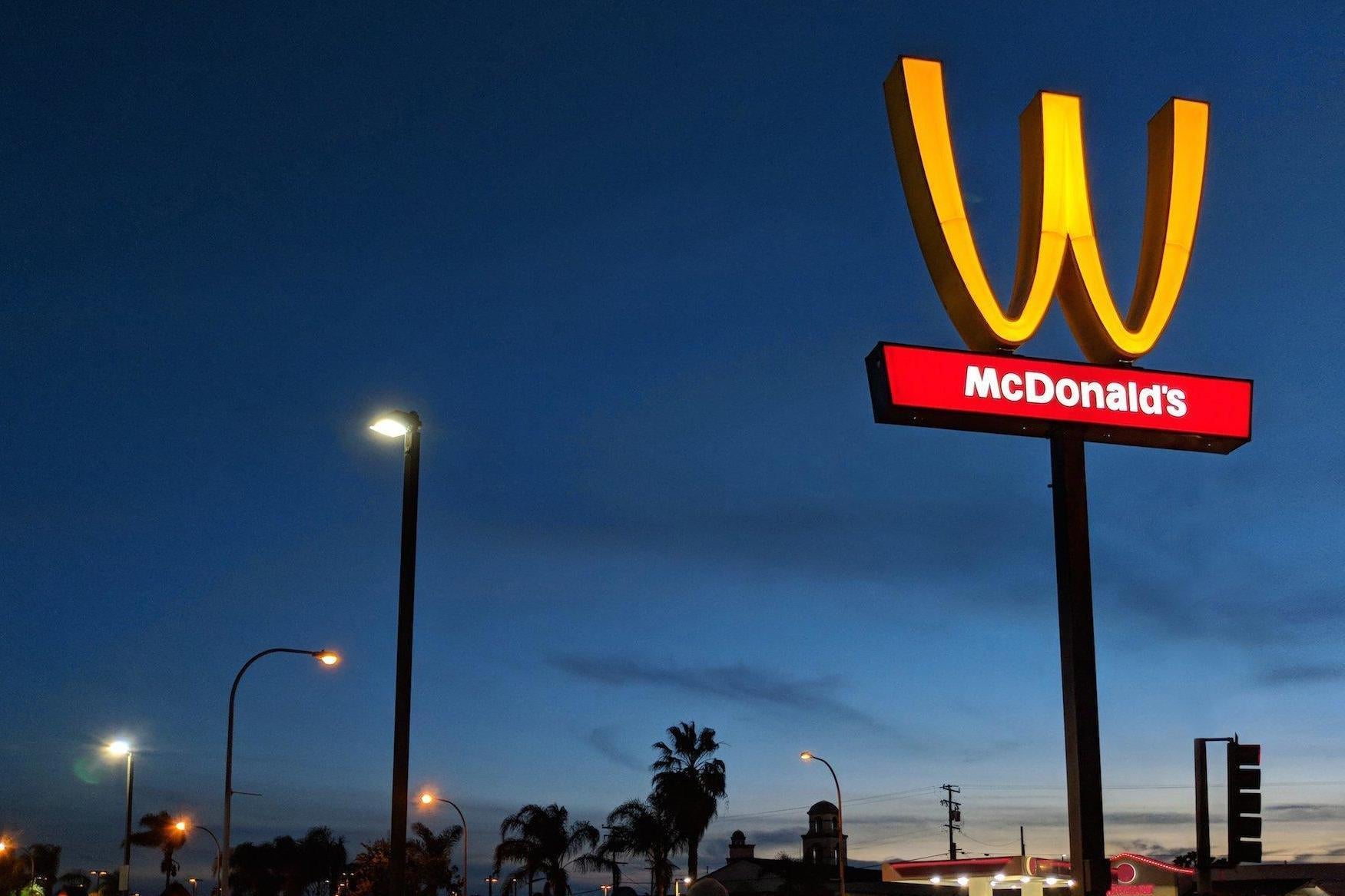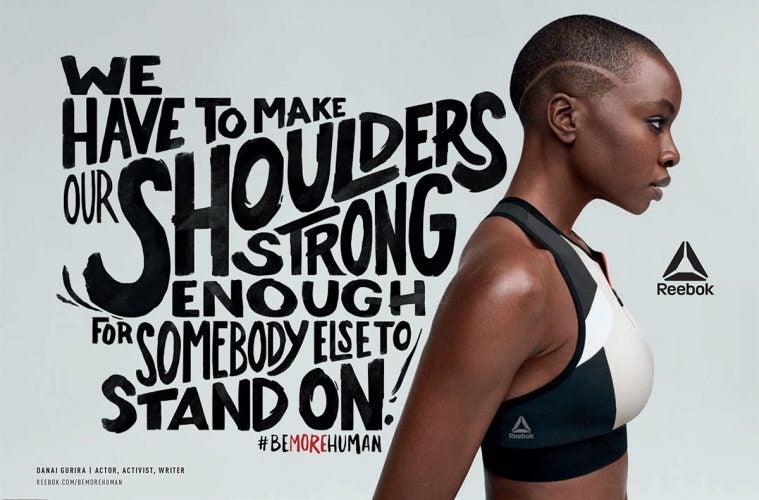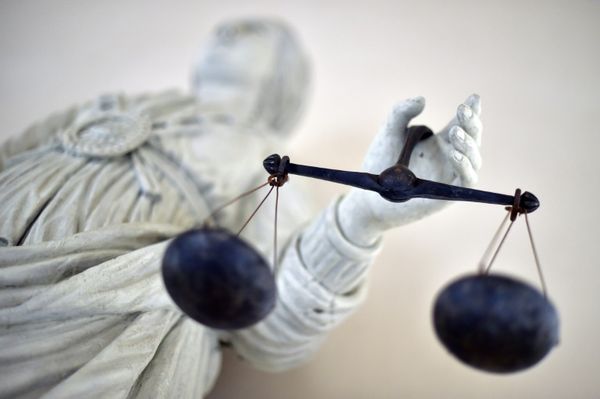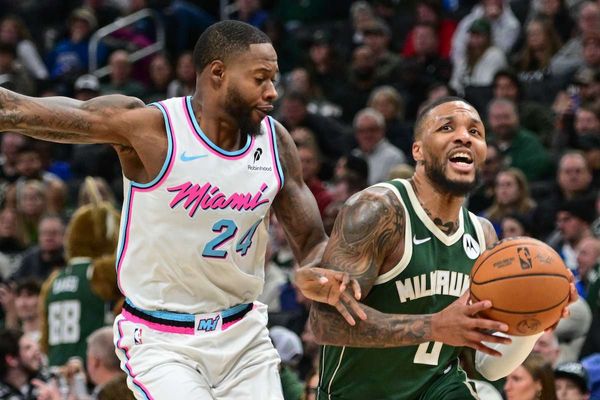
With Pride month just around the corner, Listerine is the latest in a series of brands who have attempted to appropriate social and political movements for commercial gain - and seen it backfire terribly.
This week, the brand released a new rainbow-coloured mouthwash bottle, which is advertised with the slogan “Care with pride,” and branded with a series of seemingly meaningless words including “healing,” “sunlight,” and “harmony.”
The bottle has invariably prompted censure from individuals critical of the company’s motives, with many on Twitter mocking how mouthwash could be connected to the gay community.
The company are not the first to capitalise on ‘wokeness’ to sell products, however. Here, we round up some of the worst offenders.
McDonalds

For International Women’s Day, 2018, a McDonald’s in California turned its golden arches upside down to become a ‘W’ in “honour” of this annual day dedicated to women's global progress and achievements. The fast food chain also turned its logo upside down across its digital channels.
In a statement, McDonald’s chief diversity officer, Wendy Lewis, said: “In celebration of women everywhere, and for the first time in our brand history, we flipped our iconic arches for International Women’s Day in honor of the extraordinary accomplishments of women everywhere and especially in our restaurants.”
In the same year, McDonald’s boss Steve Easterbrook earned $21.7m, while the average McDonald’s worker earned a median wage of just £7,017 – a CEO to worker pay ratio of 3,101 to one.
Pink Brewdog beer
Ahead of International Women’s Day in 2018, craft beer producer BrewDog released a “pink IPA” beer, with pink labels and the strapline “beer for girls” on in an attempt to “fight against gender inequality.” While 20 per cent of proceeds were reportedly allocated to women’s organisations, other consumers found the concept a “lazy” parody of the satirical position it claimed to be taking. BrewDog described the campaign as, "a send-up of the lazy marketing efforts targeting the female market.” Not everyone agreed, however.
Pepsi
In 2017, Pepsi apologised for an advert which appropriated imagery from the Black Lives Matter movement to sell its product. The now notorious advert, in which model Kendall Jenner gives a smiling police officer a can of the soft drink to cheers and whoops from the assembled protesters, was pulled after widespread condemnation.
But Elle Hearns, an organiser for Black Lives Matter said the advert “plays down the sacrifices people have historically taken in utilising protests and the advert was pulled just hours after its release, following widespread condemnation.*
A spokesperson for Pepsi said: “Pepsi was trying to project a global message of unity, peace and understanding. Clearly, we missed the mark and apologise.”
Pepsi (again)
Following this misfire, some may have expected Pepsi to have learned their lesson after a video advert released in India in 2015 was criticised for trivialising protests in the country at that time. The film shows students protesting against college authorities after going on a hunger strike, only for one protestor to break the strike after being tempted by a bottle of Pepsi.
Starbucks
In 2015, Starbucks launched a campaign called Race Together which attempted to “stimulate conversation, empathy and compassion toward one another” by instructing employees to write the slogan on customer’s cups. Expecting staff to raise the emotive issue of race with customers in an effort to “start a dialogue” was not well received, however, with some commentators making the point that such sensitive subjects being handled insensitively could quickly escalate.
"I appreciate the effort but genuine Race-talks require trust, community, relationship and mitigating of power-dynamics #RaceTogether," tweeted user Jorge J Rodriguez.
User ReignOfApril tweeted: "Not sure what @Starbucks was thinking. I don't have time to explain 400 years of oppression to you & still make my train. #RaceTogether"
While Howard Schultz released a statement to staff acknowledging that he did not expect “universal praise” for their efforts, he insisted that the initiative would continue as planned.
Reebok

In summer 2018, Reebok launched its #BeMoreHuman campaign featuring women leaders, celebrities and athletes offering inspirational quotes to encourage people to “be the best possible version of themselves physically, mentally and socially.” The billboard featuring Danai Gurira was accompanied by the statement, “We have to make our shoulders strong enough for somebody else to stand on”, a declaration some commentators found problematic.
Critics found the use of the “strong black woman” trope offensive, being used - as it often has throughout history – to dehumanise black women.
“Black women have not been allowed to be their whole selves; we can’t express a full range of human emotions — lest we become the “Angry Black Woman”, said Tanya Hayles. “There’s no opportunity to relish in our strength. We are constantly asked to build up and help others, usually without reciprocation, recognition or even gratitude.”
Marks and Spencer
Earlier this month, Marks and Spencerfaced criticism online after launching an LGBT+ sandwich.
The sandwich, filled with lettuce, guacamole, bacon and tomato (to fulfil the LGBT acronym) came in rainbow-coloured packaging.
The supermarket released the sandwich to raise money for the Albert Kennedy Trust (AKT) – a charity dedicated to helping homeless LGBT+ youth – and BeLong to Youth Services – an organisation supporting LGBT+ young people in Ireland.
But many felt it was trivialising Pride to launch such a tokenistic product, and it was mercilessly mocked on social media.
Hyundai
In an attempt to demonstrate how few harmful emissions their new model emitted, Hyundai conveyed this message by showing a man’s unsuccessful suicide by gassing. While some people may have been impressed by Hyundai’s green credentials, this was mostly eclipsed by their staggering lack of sensitivity.







